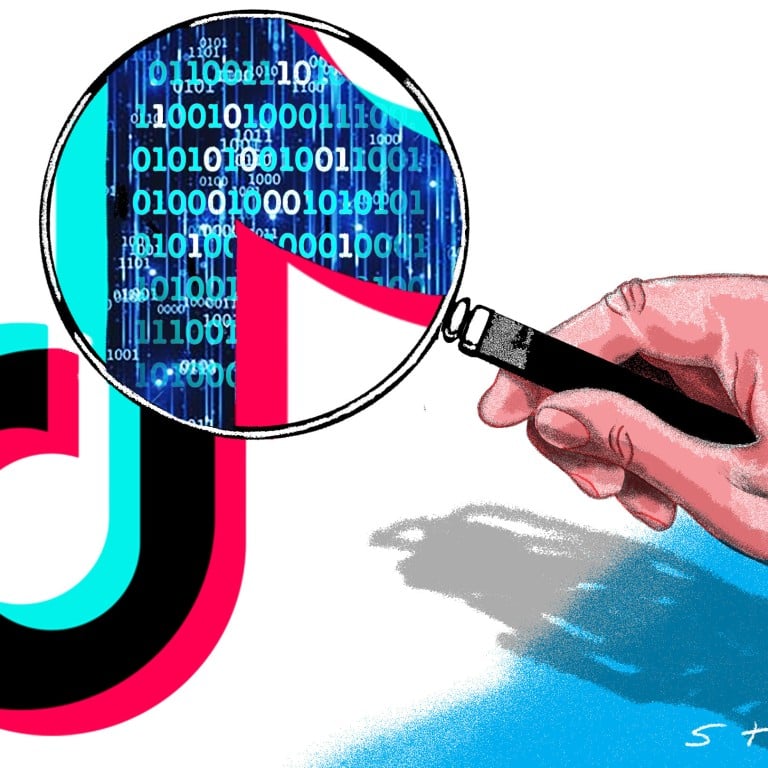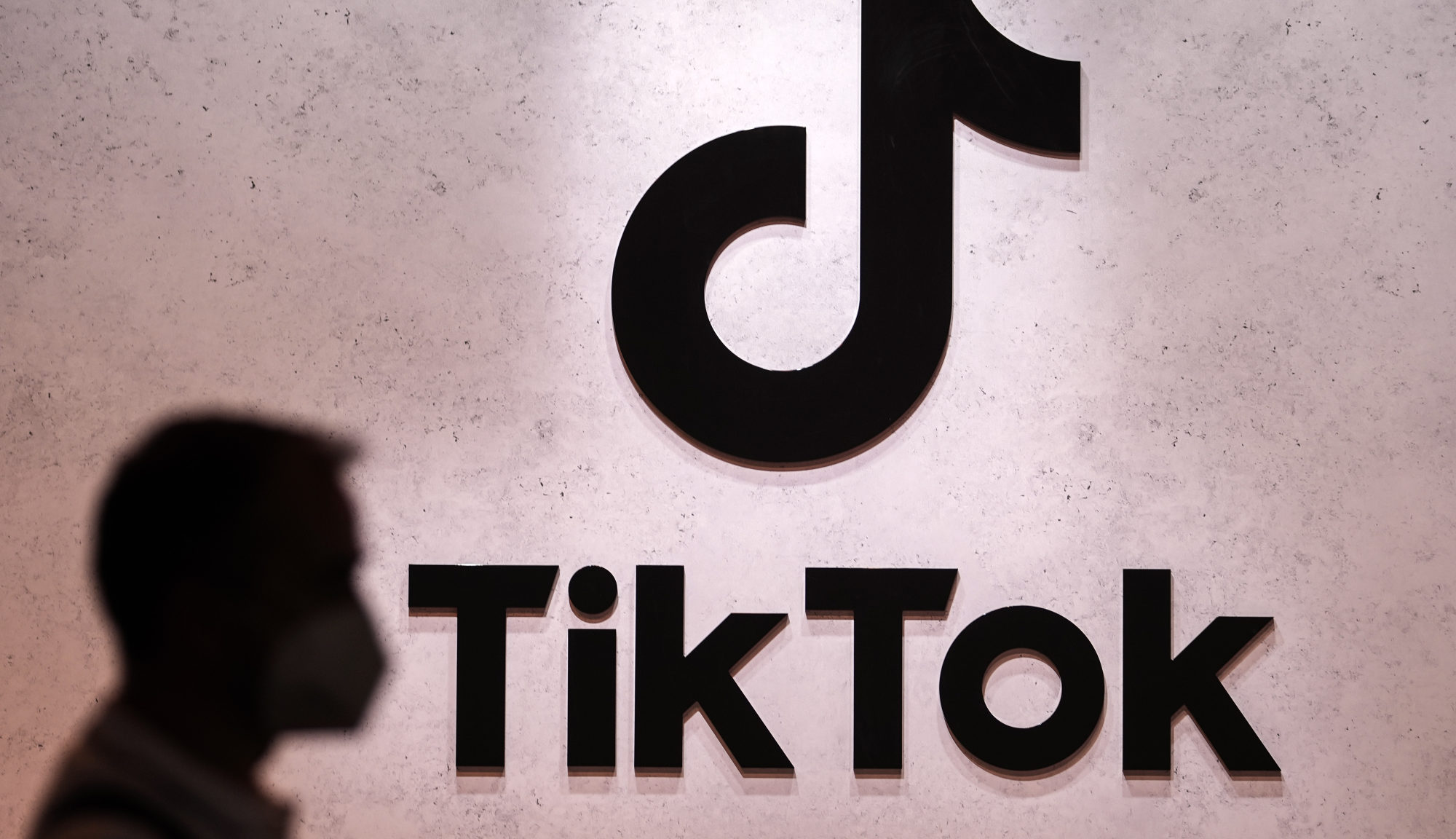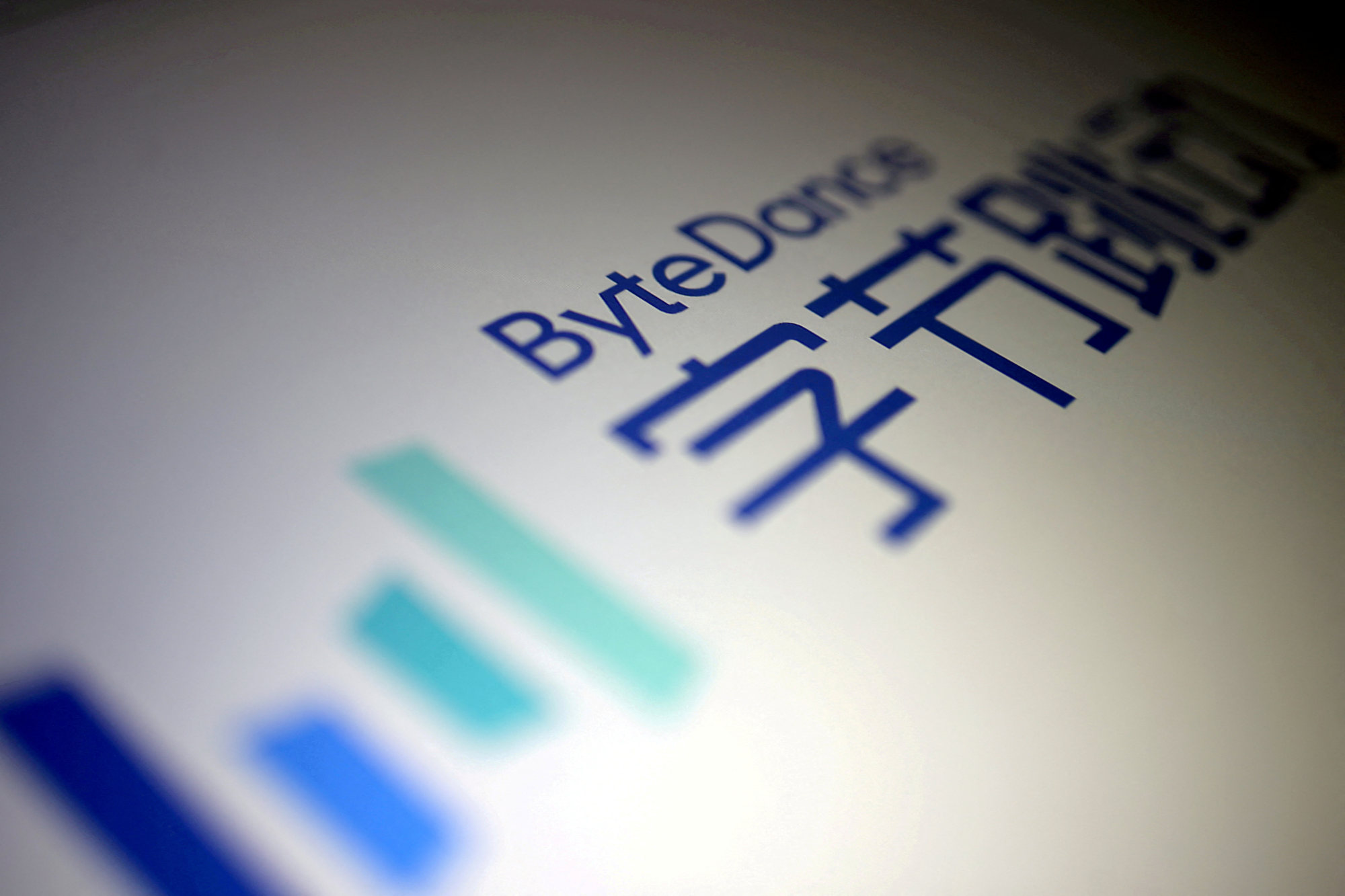
TikTok ban? App may be the next casualty of breakdown in US-China trust
- ByteDance’s short-video platform is back under scrutiny amid heightened US fears of Chinese surveillance
- Whether TikTok’s threat to US national security is real or perceived, it faces an uphill struggle to survive
TikTok, already banned from government devices and campuses in almost half of all US states, has over 1 billion users globally, with 94.1 million in the United States alone – roughly 28 per cent of Americans.
Democrats and Republicans differ, however, in how to cope with TikTok’s rise, for fear of putting off young American voters. Unsurprisingly, after the balloon incident, both sides are more united than ever over TikTok.

Although Facebook, which does not permanently ban political ads, also scored very poorly in the study, its American roots means it faces much less scrutiny from the US and its allies. To survive in America, TikTok has to do much better than Facebook in fighting fake news and preventing further political risks.
With US-China tensions so high, TikTok’s innocence, or lack thereof, seems to have become irrelevant, and some have tried to draw comparisons with Huawei. But unlike Huawei, TikTok has received virtually no government aid and has succeeded despite Beijing’s regulatory crackdown on social media companies. For instance, since 2017, the national intelligence law has obliged all companies with information stored within its borders to hand over data at the government’s request.
The nebulousness of its algorithm – which TikTok insists is based on user preferences and behaviours – gives its critics room to claim manipulation and censorship without having to supply strong evidence for it.
Bill to ban TikTok in US reflects growing concerns in Congress over China

For decades, tech companies have operated in different markets using different divisions that effectively created information divides. This allowed individual divisions to be shut down if needed, when the environment changed, such as when TikTok left Hong Kong or when Google and Facebook left mainland China.
What made sense a few weeks ago, for the US to explore neutral options for TikTok that possibly involve strong data storage governance and disclosures of its algorithms, now no longer seems to. If TikTok is to survive in the US, the most optimistic outcome might be a mandatory joint venture involving a technology transfer to a home-grown US company. Former president Donald Trump floated the idea, which just may be picked up again by Biden.
This is not to say to say that a ban, like in India, is off the table. But unlike the US, India does not preach about freedom of expression to its people.
Chee Yik-wai is a Malaysia-based intercultural specialist and the co-founder of Crowdsukan focusing on sport diplomacy for peace and development


